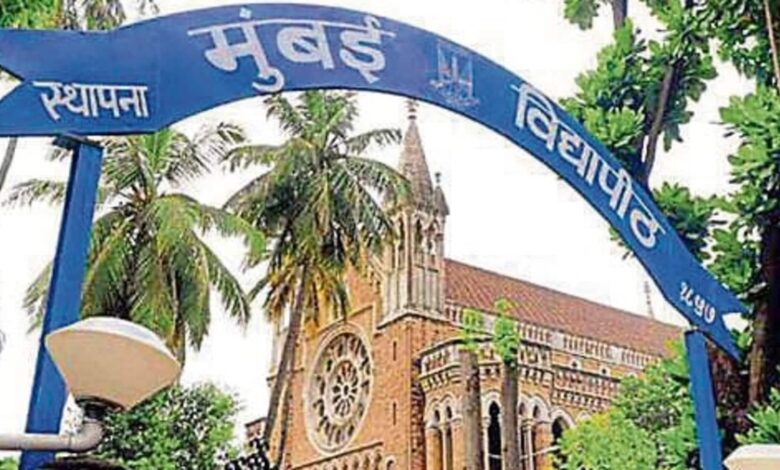MU launches dual degree programme in Data Analytics with Saint Louis University | Mumbai news

Mumbai: The University of Mumbai (MU) introduces a pioneering dual degree programme, in line with the National Education Policy 2020 (NEP). This innovative programme provides students with the opportunity to leverage the academic strengths of MU alongside that of Saint Louis University based in the United States, facilitated through a Memorandum of Understanding (MOU).
The introduction of dual degrees follows the model established by the Indian Institute of Technology-Bombay and the Tata Institute of Social Sciences
Starting from the upcoming academic year, students who enroll in the Department of Information Technology’s master’s programme in Data Analytics will spend two semesters of their first year at MU, followed by two semesters of their second year at Saint Louis University. Furthermore, students will also have access to on-the-job training and internships, enriching their practical learning experience.
Since MU achieved the status of Grade 1 University from the University Grants Commission (UGC), the university no longer needs to seek permission from the latter for collaboration with foreign universities as per NEP 2020.
Under the provisions of the NEP, the university is empowered to give dual degrees to students. With this regulation in mind, MU takes a stride forward by signing this MOU.
Professor Ravindra Kulkarni, vice-chancellor, MU, said, “By expanding the scope of postgraduate courses in data analytics and implementing a common programme for Ph.D. students, this agreement will enable students to broaden their global understanding of the field and unlock new opportunities.”
The advantages of a dual degree include a diverse educational environment, teaching methods and research methods of both India and the US, access to state-of-the-art research facilities and laboratories in both institutions that will promote practical skills and research capacity building, and developing cultural awareness, adaptability, and language skills.



